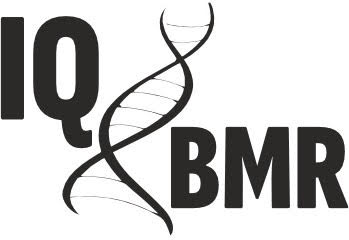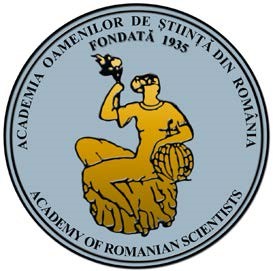Mălina Visternicu, Viorica Rarinca, Cătălina Ionescu, Vasile Burlui, Alin Ciobică
ABSTRACT :
Attention deficit hyperactivity disorder (ADHD) is a neurodevelopmental condition characterized by attention deficit, hyperactivity, and impulsivity that often affects children and persists into adulthood. Although pharmacological and behavioral therapies remain the standard approaches for treatment, growing evidence suggests that nutrition may play a significant role in managing ADHD symptoms. The aim of this paper is to explore the relationship between dietary factors and ADHD, focusing on the impact of macronutrients, micronutrients, and food additives. Nutrients such as omega-3 fatty acids, iron (Fe), zinc (Zn), and magnesium (Mg) have been associated with cognitive function and behavioral regulation, while excessive consumption of sugar and artificial food colorings may exacerbate symptoms in some individuals. By reviewing the literature, this study highlights how dietary interventions can support traditional therapies.

